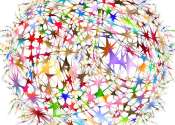Scientists develop AI to predict the success of startup companies
A study in which machine-learning models were trained to assess over 1 million companies has shown that artificial intelligence (AI) can accurately determine whether a startup firm will fail or become successful. The outcome ...









